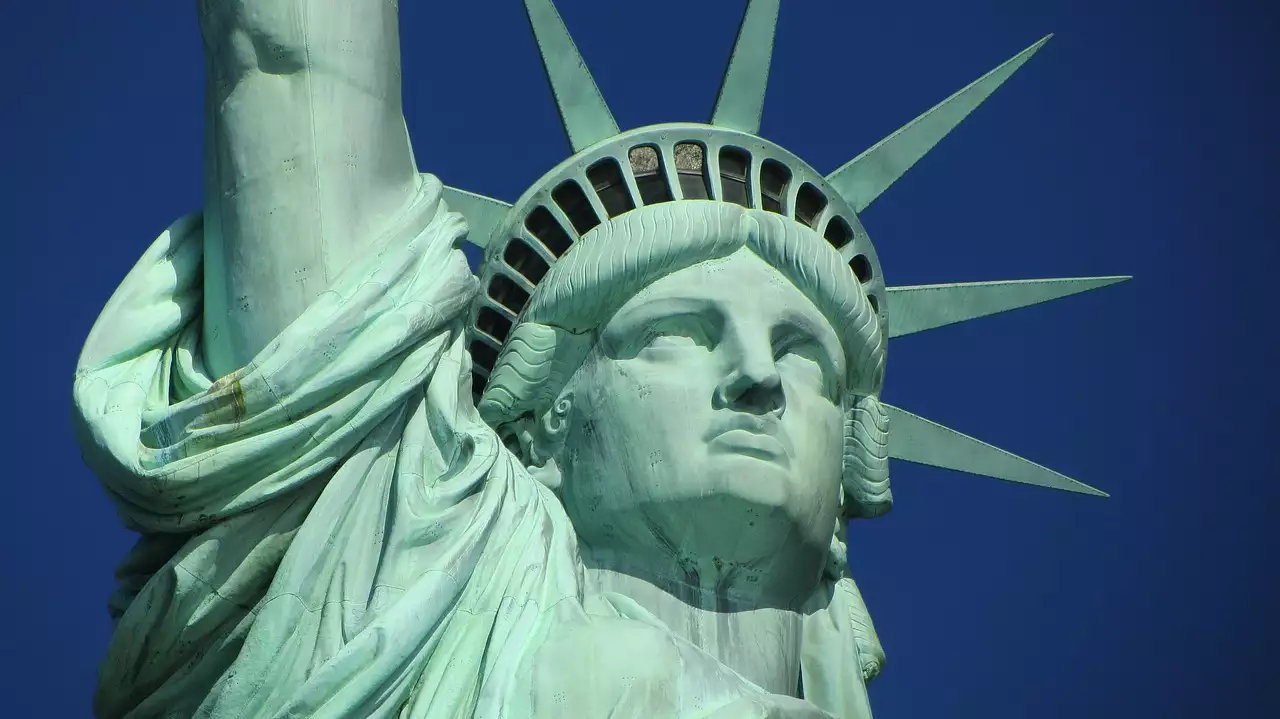Foreign Investments in the USA: Your Path to Financial Success
Foreign direct investment in the United States plays a key role in a variety of sectors of the economy, contributing to its growth and strengthening the country's national security.

Regulating foreign investment is an important part of government policy. As one of the largest economies in the world, this country attracts the attention of numerous investors. Optimal regulation of foreign capital not only promotes domestic market stability, but also creates conditions for economic growth.
Financing and incentive programs for FDI in the U.S.
The regulation of foreign investment in the U.S. includes a variety of programs and incentives aimed at capital inflows and promoting economic growth. Such programs and measures include:
EB-5 Investor Visa Program. This program provides a visa opportunity for the investor and his family when investing a certain amount of money in the country's economy and creating jobs. The EB-5 Investor Visa helps attract capital and stimulate manufacturing activity.
Foreign investors can count on a variety of statutory tax credits and subsidies that reduce their tax burden and make their capital in the states more attractive.
Grants and subsidies for research and innovation projects. These programs help develop new technologies and create jobs in research and innovation.
The various free trade agreements and treaties. States are actively engaged in numerous trade deals that promote international trade and attract overseas investors.
These programs strengthen the country's position as a global hub of attractive investment opportunities. They help both attract foreign investors and stimulate domestic economic research and innovation.
Controlling foreign investment in the United States
Controlling foreign investment in the United States is a key aspect of ensuring national security and respecting the country's economic interests. It is regulated through the Committee on Foreign Investment in the United States (CFIUS). CFIUS is an interagency agency responsible for evaluating and monitoring overseas investments that may pose a threat to the state.
The activities of CFIUS include the following:
Screening overseas investments. CFIUS conducts mandatory transaction screening that analyzes the impact of foreign capital on national security. This applies to deals in various sectors such as defense manufacturing, infrastructure, technology and others.
Sensitive data protection.

Research & Control. The Committee has the authority to investigate and appeal transactions that raise national security concerns.
CFIUS works with other government agencies to ensure comprehensive capital analysis and controls.
Therefore, CFIUS plays an important role in protecting national security and controlling out-of-state investments in the state. This allows the country to attract them while maintaining security and economic interests. Controlling overseas investment remains an important tool in today's world, where the economy is increasingly global and challenges remain relevant.
Regulation of investment activities in the United States: the relevant dispute agency
Regulation of investment activities is closely related to ensuring a fair and stable environment for overseas investors. In case of disputes between foreign investors and the state, the International Center for Settlement of Investment Disputes (ICSID), located in Washington, D.C., plays an important role.
ICSID is part of the World Bank and settles investment disputes between foreign investors and member states. This agency was established to provide an independent and neutral forum for resolving such conflicts, taking into account the interests of both parties.
The activities of ICSID include:
Arbitration and mediation. ICSID organizes dispute resolution procedures, including arbitration hearings and mediation, to help parties reach agreement.
Effective and fair resolution. ICSID is committed to ensuring fair investigation and dispute resolution, taking into account international norms and rules.
The decisions made by ICSID are legally enforceable and can be implemented in different jurisdictions, which enhances their impact and relevance.
The agency promotes sustainable economic development by protecting the rights of investors and facilitating the attraction of foreign capital. In doing so, it contributes to the national economy and supports the country as an important participant in the global community.
The regulation of foreign investment in the United States is a complex system that balances the promotion of economic growth and national security. Funding and incentive programs help attract capital, and controls ensure that the country's interests are protected. An important component of this system is the ability to resolve disputes with neutral agencies, which promotes fairness and transparency in the process. Regulation of overseas investments plays an important role in ensuring national security and economic growth of enterprises, making the country one of the most attractive destinations for international investors.
Comment
Popular Posts
9 October 2024
2137
9 October 2024
272
Popular Offers


Subscribe to the newsletter from Hatamatata.com!
Subscribe to the newsletter from Hatamatata.com!
I agree to the processing of personal data and confidentiality rules of Hatamatata










